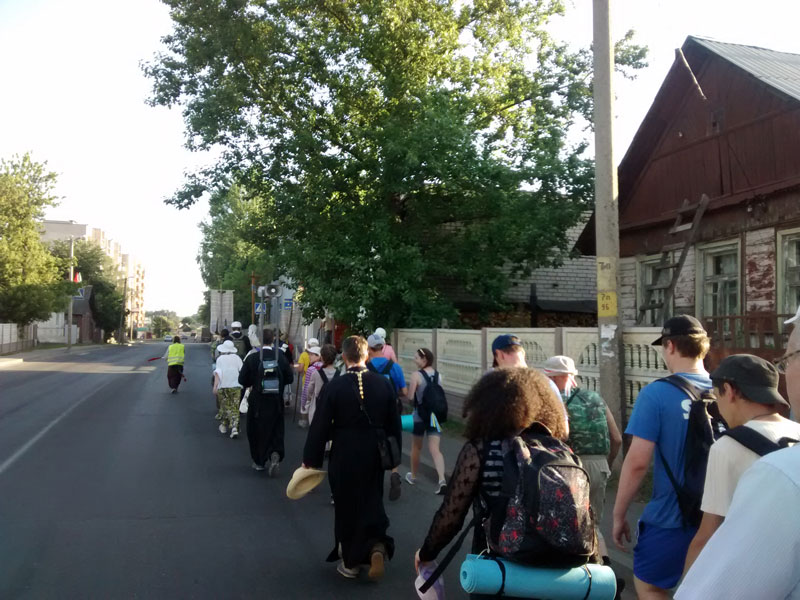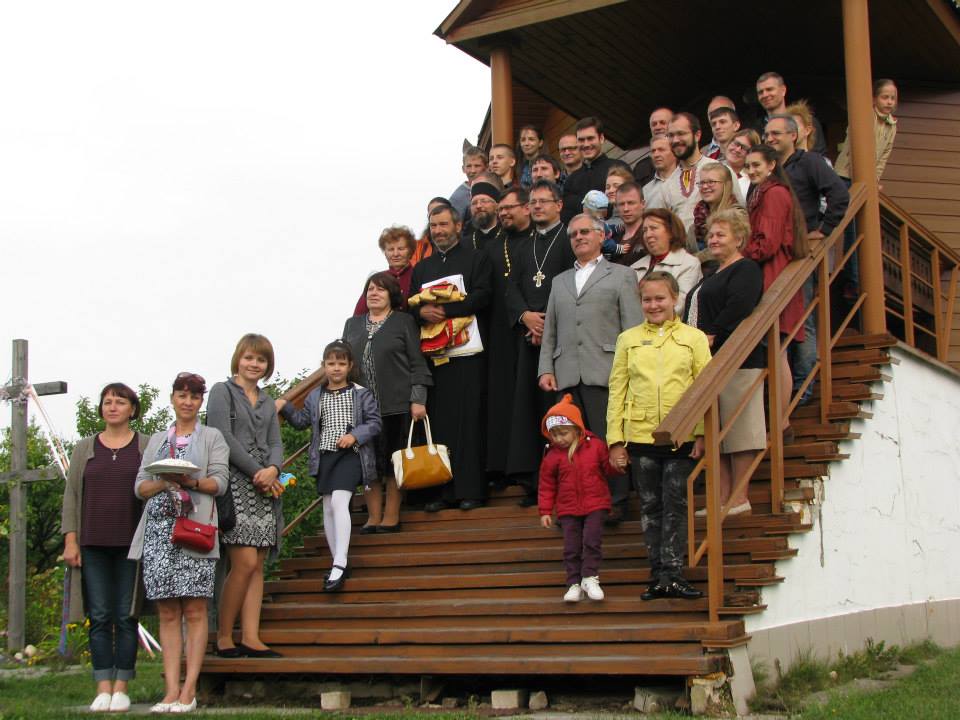Belarusian MPs at PACE, Cooperation with Turkey, Retirement Age Increases – State Press Digest

Photo: grodnonews.by
Belarus continues to boost cooperation with western partners and is seeking to avoid excessive economic dependence on Russia.
MPs hope to receive special guest status at the Parliamentary Assembly of the Council of Europe (PACE) after the issue of the death penalty is resolved in Belarus.
Foreign minister Vladimir Makiej says that the current turbulence in the world has made the west better understand the priority of security over democracy, which Belarus has always pursued.
All of this and more in the latest edition of State Press Digest.
Politics
Belarusians are not yet ready to abolish the death penalty. Soyuznoye Veche newspaper interviews Mikalaj Samasiejka, a member of the Standing Commission of the House of Representatives on International Affairs, on Belarus' growing cooperation with PACE. The newly elected president of PACE Pedro Agramunt during a meeting with the Belarusian delegation promised to restore the country's special guest status after Belarus abolishes or at least puts a moratorium on the death penalty.
The MP said that the death penalty issue cannot be easily resolved, as the majority of Belarusians still support the policy, though their numbers are gradually declining. The majority of parliamentarians are also in favour of leaving the death penalty in place. Samasejka also expressed support for the Russian delegation, which boycotted the recent PACE session because of some restrictive measures imposed on it.
West starts to better understand Belarus. Belarus Segodnya newspaper interviews foreign minister of Belarus Uladzimir Makiej during the Munich security conference. According to the minister, foreign countries seem to now better understand the reasons for Minsk's behaviour, its decisions and policies. The current turbulence in the world and the EU migrant crisis is making the west appreciate the significance of stability and security, which Belarus has always put before democracy and human rights.
The minister also explained that “the president has set a clear directive to avoid dependence on one economic partner”. The Belarusian economy is highly dependent on exports and Russia accounts for half of the country's trade turnover. This situation brought plenty of trouble after Russia fell into crisis, and Belarus will seek to establish firm economic relations with as many countries as possible to reduce its dependence on its eastern neighbour.
Security
Governors prepare to organise territorial defence. Belarusian governors – heads of the six regions and Minsk city – took part in a military drill at the firing field nearby Minsk, reported Belarus Segodnya. The military leadership organised the drill as part of its so-called territorial defence training. The governors learned how to shoot with various kinds of guns and how to organise the defence of their region in case of a conflict.
Territorial defence is a military system designed to involve the broadest possible population in defence in case of armed conflict. It works according to the administrative divisions of the state under the command of the executive vertical – heads of regions, who supervise the heads of districts. President Alexander Lukashenka initiated territorial defence drills for regional chiefs to be held on a regular basis.
Economy
The authorities initiate public punishment case against Ministry of Housing and Communal Services officials. The State Control Committee initiated 17 criminal cases against officials of the ministry and local governments after a sharp rise in the cost of communal services in January, Respublika reported. The Committee claims that the officials made multiple mistakes when introducing new tariffs which the government announced earlier in 2015.
Many Belarusians were shocked when they saw the new communal bills for January. The problem received wide attention in the media and among state officials, and Lukashenka had to deal with it personally. Low tariffs on communal services have traditionally been one of the key elements of Belarusian social model, which must now be reformed because of economic difficulties.
Turkey will expand its projects in Hrodna region. Hrodzianskaja Praŭda highlights the meeting of heads of Hrodna region with Turkish businessmen. Over the past three years Turkish business has been increasing its presence in the region, with six Turkish-capital organisations currently working there.
The parties discussed a project for a Turkish industrial park in the free economic zone Hrodnainvest. Belarusian officials are offering 300 hectares of land for realisation of the project. Contacts with Turks are increasing as a backdrop to the crisis in Russian-Turkish political relations, which has resulted in a decrease of economic cooperation.
Public policy
The government prepares public opinion for increasing the retirement age. In 2015 the issue of the rising retirement age became one of the most popular in official media. The state tried to explain to citizens the need for a highly unpopular step. Vecherniy Minsk writes that the state currently spends 10 per cent of GDP on pension payments. Belarus has one of the earliest retirement ages in the world – 55 for women and 60 for men.
In Minsk, the youngest city in Belarus, only a quarter of residents have reached this age, while in the countryside they make up the majority of the population. If the current pension system remains in place, after 2050 every working age Belarusian will have to support the life of one pensioner. The authorities plan to raise the retirement age in several stages to 60 and 65 years, but will not announce the final decision until the public is ready.
Belarusian education system faces serious challenges. The working meeting of the Education Ministry raised a number of problems in the national education system, writes Belarus Segodnya. Lukashenka himself recently criticised the quality of school textbooks. The Ministry admits that the system seriously lacks qualified author teams for writing textbooks. Excessive paperwork remains another major school problem, which turns teaching into red tape.
The authorities have also failed to attract foreign students into Belarusian universities. Out of 19,000 students from 98 countries, 50 per cent originate from Turkmenistan, while Russians make up only 5 per cent, and there are even fewer westerners.
Belarusian universities lack programmes in English – for example, the largest university, the Belarusian State University, offers only three such programmes. Meanwhile, one third of candidates and two thirds of doctors of science who teach at universities are over 60 years old. Young people do not want to teach at universities because of poor payment conditions.
The State Press Digest is based on review of state-controlled publications in Belarus. Freedom of the press in Belarus remains restricted and state media convey primarily the point of view of the Belarusian authorities. This review attempts to give the English-speaking audience a better understanding of how Belarusian state media shape public opinion in the country.





 The
The 
